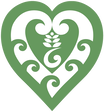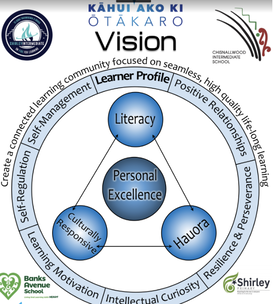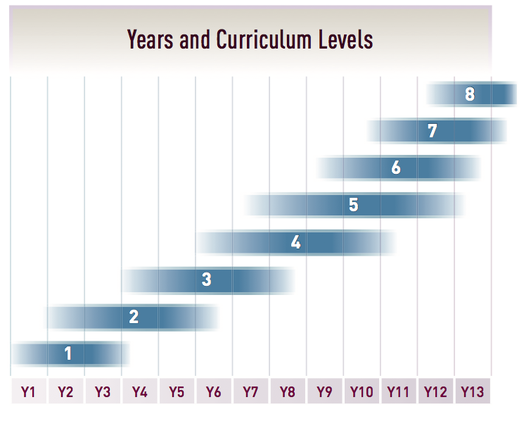Assessment and Reporting
The assessment and reporting of student achievement plays a very important role in the education of our children. Regular communication between home and school is an essential part of the learning process and helps us to work in partnership in order to meet the learning needs of children.
Written Reports - Junior Module (Years 1-4)
New Entrants: After six weeks of school the teacher organises a meeting with parents/caregivers to discuss how the transition to school has gone and to talk about any questions parents may have about learning, friendships or wellbeing issues.
We report twice a year to parents/caregivers of students in years 1 - 4, i.e., at the halfway and end points of the school year. These reports include where your child is sitting academically and what they think their learning strengths, challenges and next steps are. The children and teacher also reflect on how your child is progressing with our HEART values.
We report twice a year to parents/caregivers of students in years 1 - 4, i.e., at the halfway and end points of the school year. These reports include where your child is sitting academically and what they think their learning strengths, challenges and next steps are. The children and teacher also reflect on how your child is progressing with our HEART values.
|
Learner Profile - The Senior Module (Years 4-6)
For students in Years 4-6 we report to parents twice a year. We acknowledge and celebrate your child's strengths as well as, the attributes your child uses to help them learn. These written reports we call the 'Learner Profile'. Understanding the Learner Profile |
Our HEART values are integral to our school culture. Your child will reflect on their use of our values and their teacher will also. The achievement levels of reading, writing and maths will be identified and you will find out exactly what your child thinks his/her strengths, challenges and next steps are.
|
The teacher will acknowledge and celebrate your child’s strengths. These may be from any area of the curriculum. The Otākaro Effective Learner Profile is used to identify your child’s skills and attributes when learning. These
are very important as this is where you find out ‘how’ your child learns. The teachers then think about the whole curriculum, our values and the skills and attributes your child has to identify some next steps for This is done collaboratively with your child. We really hope you enjoy our new format. We hope we have captured your child as a learner and we welcome any feedback you may have. If you would like to give feedback, please fill in the survey below: |
Learning Conversations
Learning Conferences take place at the beginning and mid-way through the year. It is very important that the three main groups of people (teacher, parent, child) meet to look at the progress that has been made and to set some learning goals together for the future. There is a strong emphasis on discussions around current achievement levels and next learning steps. At Banks Ave we believe that it is very important for the children to be involved in this process, after all, it is their learning we are talking about.
Curriculum Levels
In all areas of the curriculum teachers use a variety of achievement information to help them make an overall teacher judgement about a student's progress and achievement.
Teachers use:
In all areas of the curriculum teachers use a variety of achievement information to help them make an overall teacher judgement about a student's progress and achievement.
Teachers use:
- a variety of assessment tools,
- observations they have made about the students working within the class programme,
- discussions they have had with students about their learning and
- assessments they have made about how students manage and evaluate their own learning.



